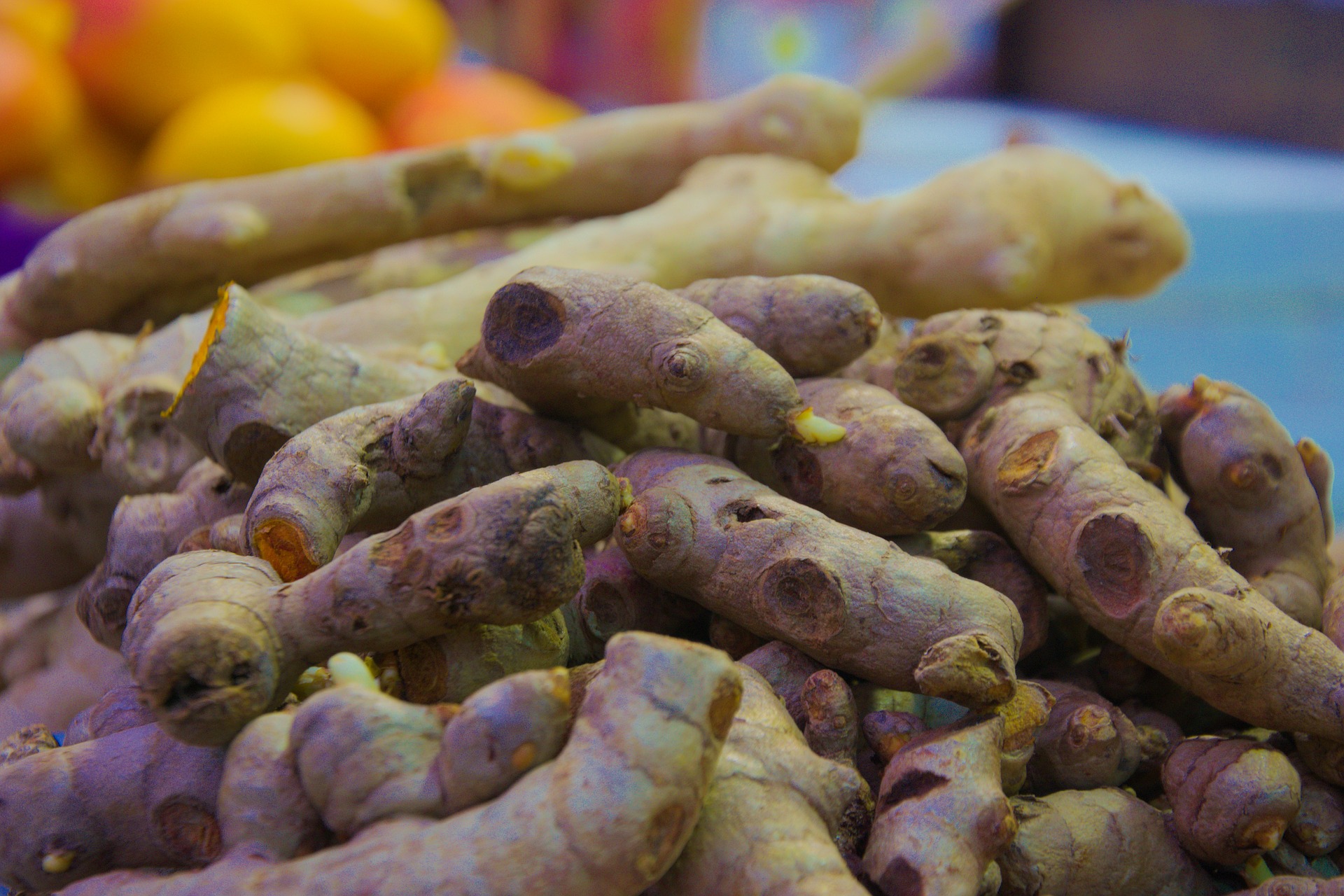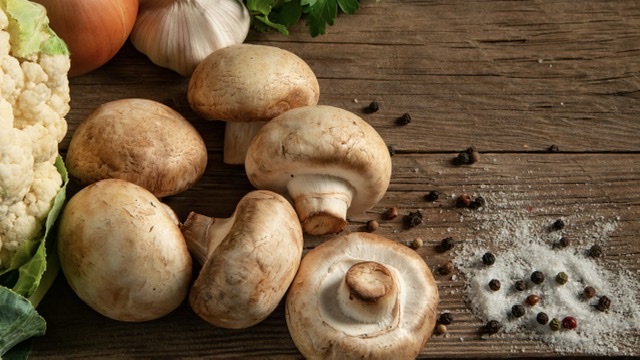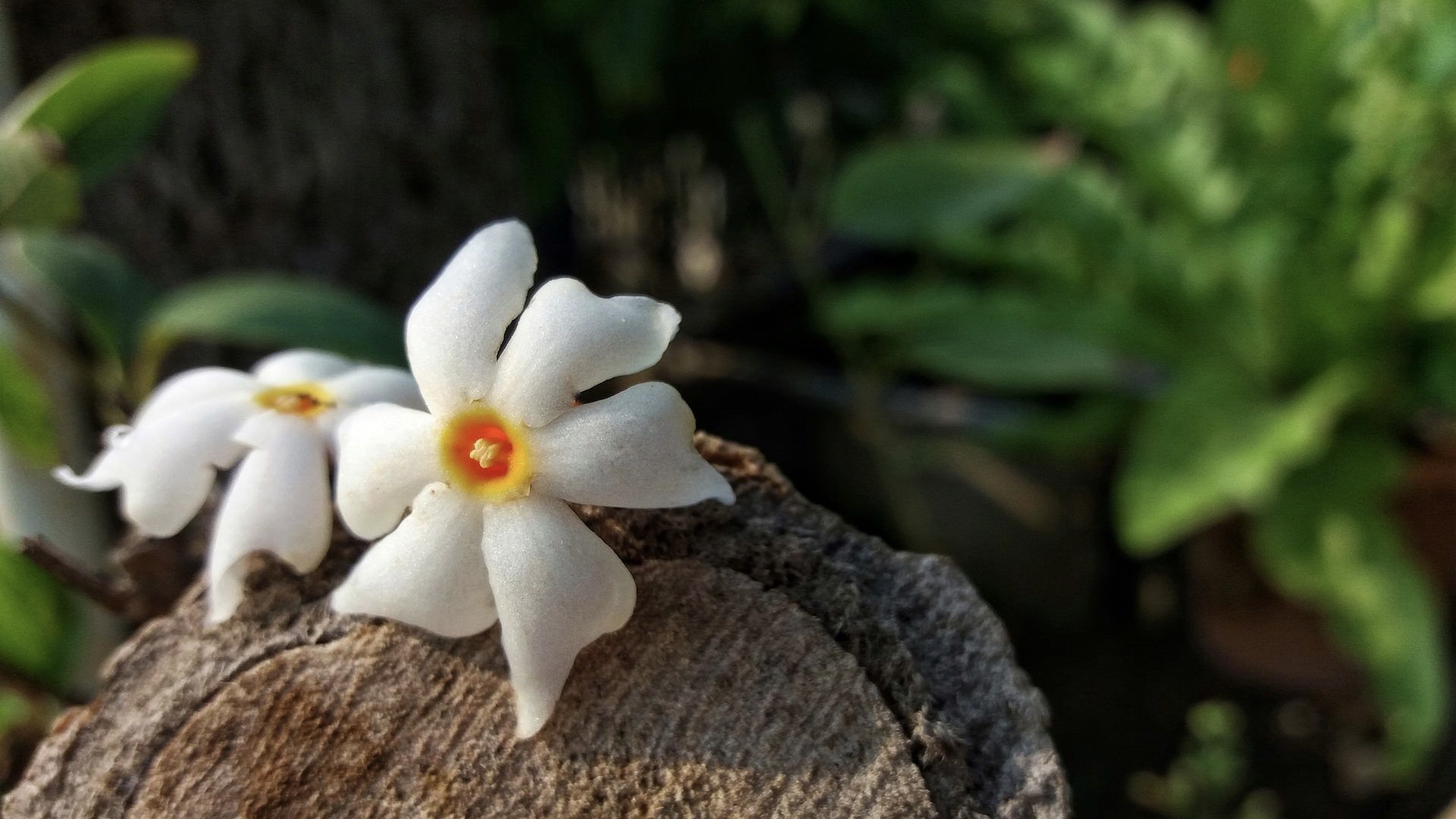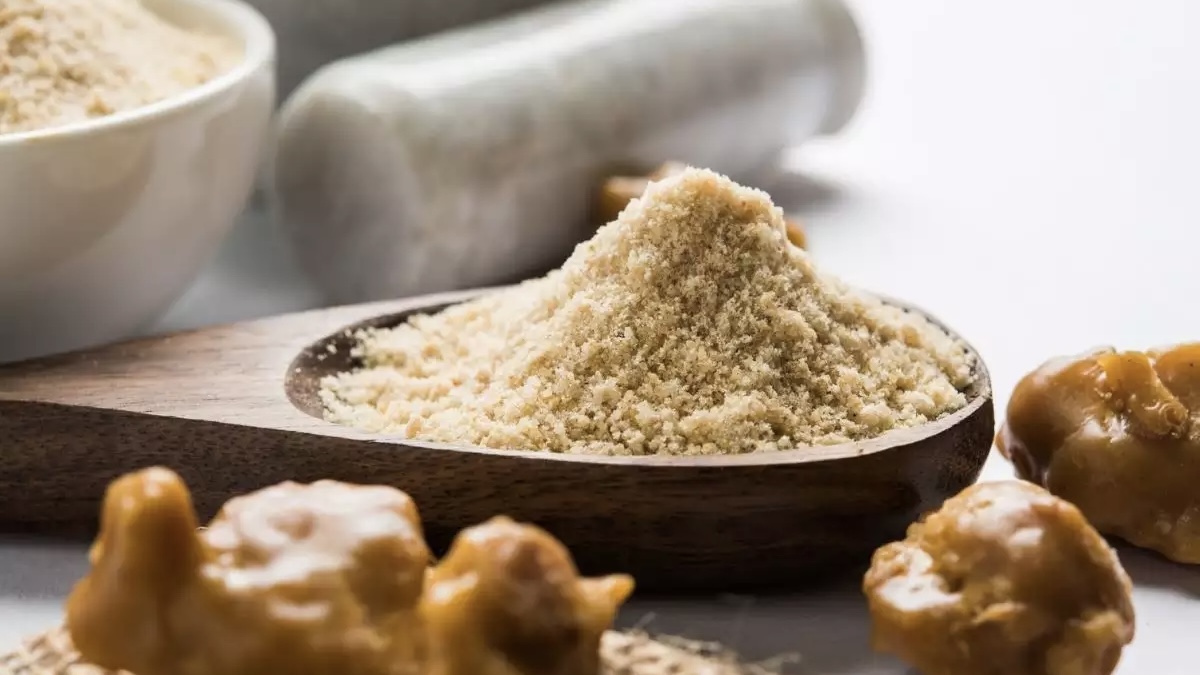Zingiber officinale, or ginger as we know it, is a tall, slender perennial plant with lance-shaped leaves and orchid-like flowers. The herb is widely used in ayurveda owing to its beneficial effects on digestion, appetite, assimilation and transportation of nutrients to targeted body tissues, and clearing of microcirculatory channels of the body.
The plant has a number of chemicals responsible for its medicinal properties, such as anti-arthritis, anti-inflammatory, antidiabetic, antibacterial, antifungal, anticancer, etc. Ginger contains many volatile oils (sesquiterpenes) and aromatic ketones (gingerols). Gingerols are believed to be the more pharmacologically active constituents of ginger. Besides this, the rhizome of ginger has also been used in traditional herbal medicine.
The anticancer potential of ginger is well documented and its functional ingredients like gingerols, shogaol, and parasols are valuable ingredients which can prevent various cancers.
Several human clinical studies have shown the effectiveness of ginger as antiemetic agent, that is, regulator of gastroduodenal motility. According to the results of an open label study enrolled 30 subjects with a one-year history of migraine, ginger has shown an anti-migraine effect. Some researchers have said that it has anti-platelet aggregation activity. In another case study arthritic patients reported pain relief with powdered ginger. Ginger with honey is the most common home remedy used for the relief of cough by Indian mothers. Another one is ginger tea, an all-time favourite in an Indian household.
No drug interactions, side effects, toxicity or mutagenicity of ginger are known, however, due to its anti-platelet aggregation effect, it should be used cautiously in individuals using anticoagulants and other hemorrhagic conditions (including menstruation); and in ulcers for showing enhancement of exfoliation of gastric surface epithelial cells. Ginger may also be avoided in case of hyperacidity, vertigo, and chronic skin disease.





